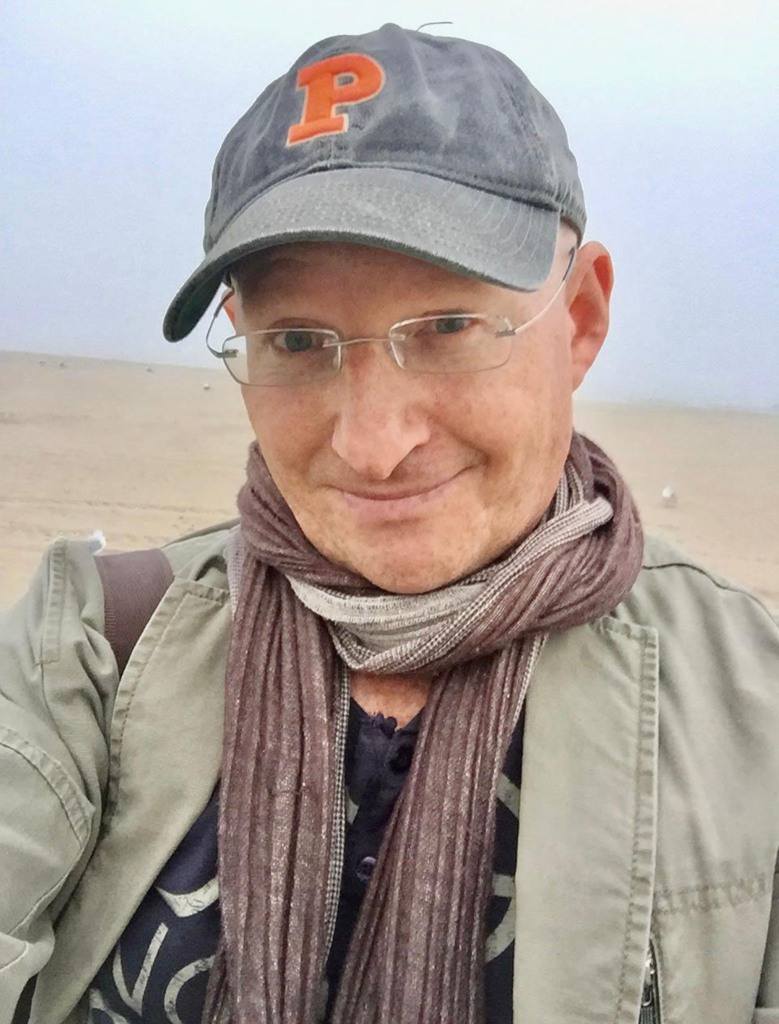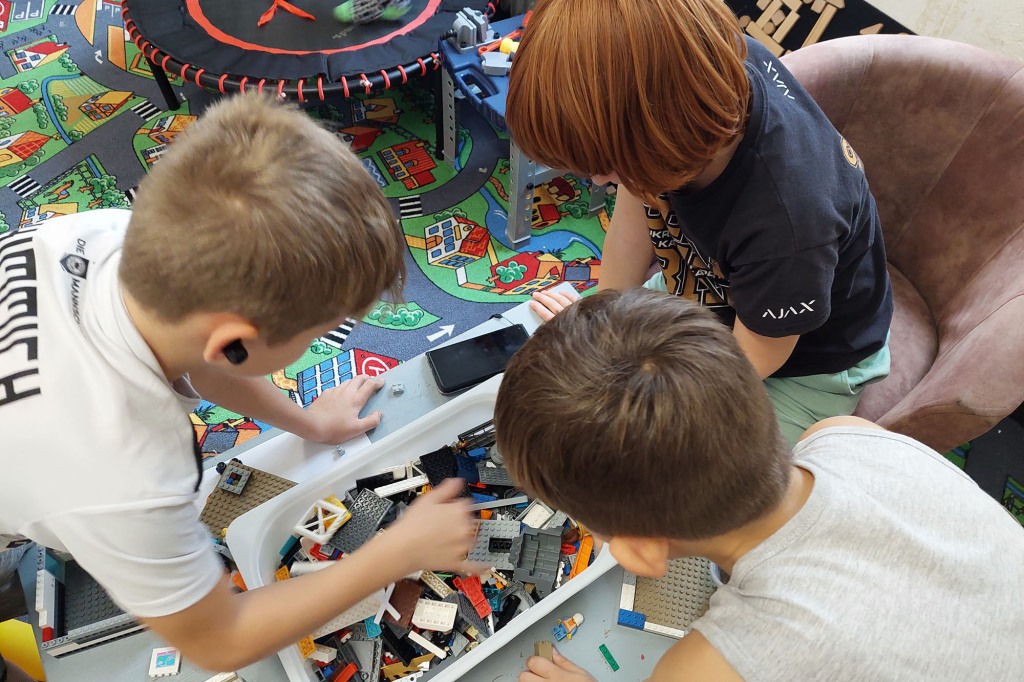Brooklyn psychologist treats kids scarred by Russian soldiers
He’d already lost his community and country — so things couldn’t get much worse for the weeping Ukrainian boy crossing the border to escape the war with Russia.
Until an enemy soldier spotted the child’s tears, pointed a gun at the 12-year-old’s head and threatened to shoot him if he didn’t stop crying.
The terrifying scene unfolded in March as the youth was crossing the Russian-occupied border with his mother, according to Brooklyn psychotherapist Alex Yentin, who has been working with Ukrainian kids and their parents displaced by the now 10-month long conflict.
“He was so traumatized,” Yentin said of the boy, who is now living in Prague with his mother. “He sleeps with his mom, he’s so attached . . . he wet[s] his bed now.
“[It is an] awful regression.”
Yentin, who lives and works in Brooklyn, shipped out to the Czech Republic capital this week, volunteering his expertise as part of an ongoing effort to help Ukrainian refugees in countries including Poland and Germany.
“I’m in a good place in America, and other people suffer, so I can do something [to help],” said the 52-year-old shrink, who has been making the trips to Eastern European nations since March.
Since the Russian invasion began, at least 5.2 million children have been displaced according to a UN report, and 1,148 have been injured or killed since February.

Yentin has sat down refugees from cities like Kharkiv and Mariupol, some of whom spent weeks underground without food or electricity as Moscow’s bombs rained down. Others witnessed neighbors’ corpses lining their streets.
“When I ask them what they went through, their reaction is they don’t want to talk about it,” Yentin said. “They shut down.”
Yentin works with small groups of refugees, providing a safe space for them to share their heavy memories of the war, along with exercises for expressing their anger.
Many kids and their parents are trying to adapt to living in a nation where they don’t speak the language, or struggling after being separated by the Ukrainian policy requiring men to serve in the army.

“In the morning, first thing what they do, kids and parents, they open Internet, and see what was bombed this day, and who was killed, who is alive,” Yentin said. “It’s ongoing stress.”
The Prague operation is run by the Israeli non-governmental organization Early Starters International, which establishes early childhood programs and care for humanitarian crisis victims, with assistance from the Jewish Federations of North America.
Even with the pain of the war, Yentin find reason to hope.
“People found jobs, even without the proper language, and their children learned basic Czech, and they created new social connections here with others,” Yentin said.
“They may not see it so much because they’re traumatized, but I do see it.”
Read the full article Here


